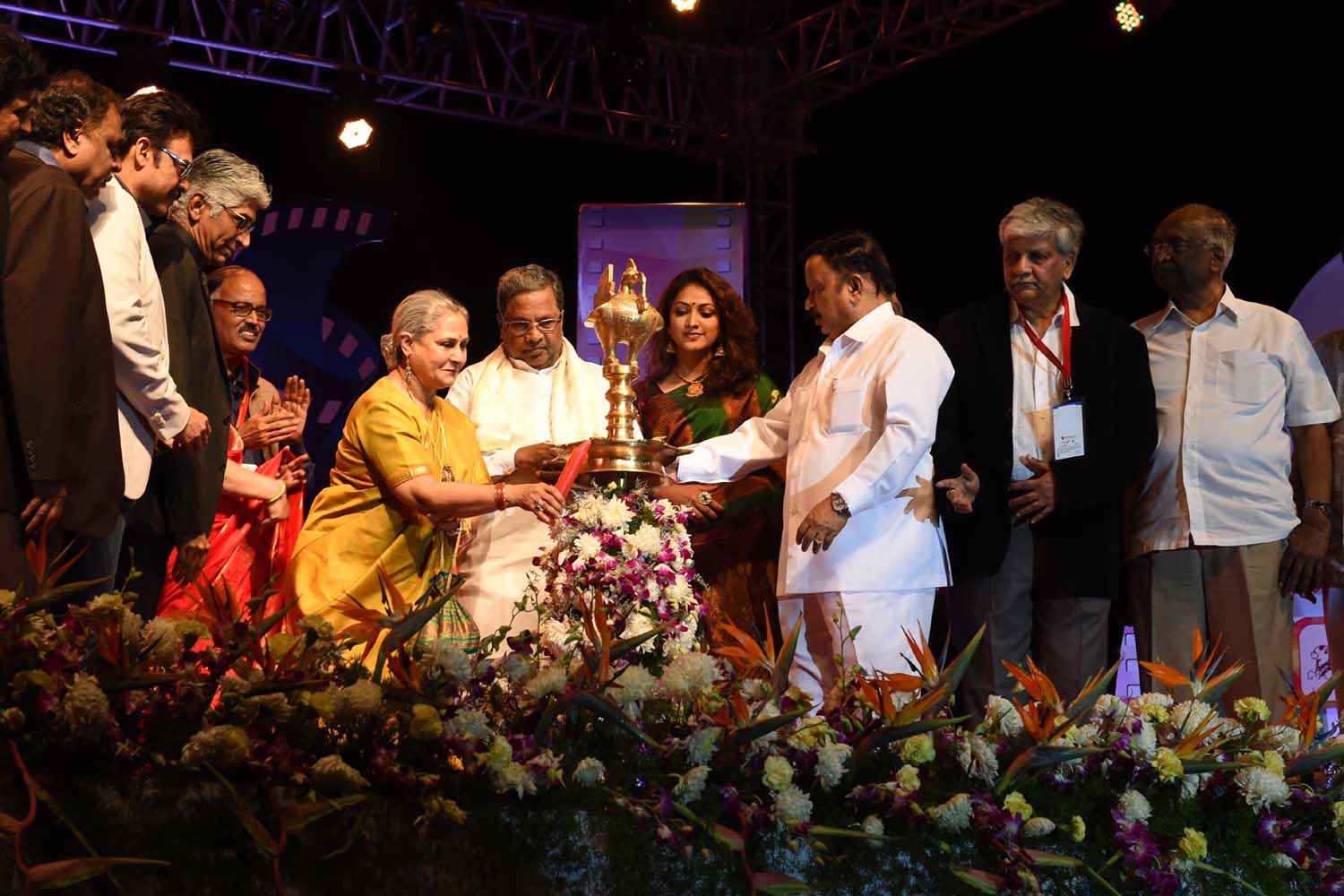Assamese cinema has had rich legacy of films and film makers that have contributed to its growth, development and popularity, both on the national and global stage. Pioneers like Jyoti Prasad Agarwala, Jhanu Barua, Munin Barua, Bhabendra Nath Saikia, Bhaskar Hazarika, to name a few, have fostered the State’s reputation with their legendry films.
Continuing in their stead and keeping the rich, nearly 90 plus years of Jollywood, as Assamese film industry is known by its moniker, heritage high, have been a brave band of newbie film makers who have contributed to Assamese films being part of the popular discourse.
The names of new age talented film makers like Rima Das, Bhaskar Hazarika, Manju Borah, Bobby Sarma Baruah, Rajni Basumatary, Arunjit Borah, Santwana Bordoloi, Bidyut Kotoky, Jatin Bora, Biswajeet Bora, among others, have given cause for much cheer for Assamese cinema. Winning appreciation and accolades and also bagging a bushel of awards at various film festivals.
Joining this illustrious scroll of film makers, and cutting his teeth with his debut fare Pai Tang, is young journalist-turned-film maker Prabal Khaund. The film was screened at 15th Bengaluru International Film Festival of India (BIFFes) in Unsung Incredible India – Indian films from little known languagessection. The film was also featured in the Unheard India: Rare Language Films at the Kolkata International Film Festival.
This specially curated section seeks to give voice and definite platform to cinematic richness and treasure trove of films from regions made in lesser-languages and dialects offering audiences profound insight into country’s multifarious identity and talents emerging from the regions.
The idea also being to bring into public domain small linguistic gems which, unfortunately, get overshadowed by more dominant languages from within the regions itself. It offers a perspective glimpse into rich tapestry of tales, traditions, thematic concerns and delectable narrative styles they bring to the table.
It is to the foresightedness of young aspiring and promising film maker Prabal Khaund that he has taken on a theme that should deeply resonate with today’s mobile Gen X, who, hooked to social media and streaming platforms and fast paced lifestyles, are forgetting their traditions and cultures and more importantly their own mother tongues from day-to-day discourse.
One is happy to note that Prabal Khaund has been inspired by the UNESCO reports on the now virtually diminishing and vanishing Tai Phake tribes of Assam, whose population has dwindled to a mere 2000 across nine villages, and are now under threat of extinction like many other ancient tribal communities of India.
The descendants of the tribe, who took to, and adopted the Buddhist way of life and practices, it is said, brought around 4000 manuscripts from Myanmar’s Hou Kong valley to their monastery they set up in Assam, in 1775, which are preserved in their library.
However, it is lamentable that, the younger generation of the tribe, with no connect to their past, struggle to read or write in their language.
In an effort to kindle interest, and raise awareness among today’s young generation, to not only safeguard the Tai Phake tribes from extinction, but also take to reading, writing and speaking in their language, lest they become part of history, that Pai Tang – Step of Hope, by Prabal Khaund seeks to spotlight and campaign on.
The 86 min film, in Tai Phake language, based on a true story, and filmed on location at the Tai Phake village written and scripted by Prabal Khaund and Meenakshi Deka, and fluently directed by Prabal Khaund, makes for an interesting, immersive and engaging watch.
Through his protagonist Ye Lon, young and bright, passing her degree in flying colours, though a more successful and fulfilling future awaits her, is taken in by the ancient manuscripts preserved at the Buddhist temple’s library, and is drawn to study and understand the text written in her own Tai Phake language.
She takes it upon as her life’s mission to spread the language, dances and songs, and its vast knowledge among young children in schools teaching them and encouraging them to learn and understand their own language, culture and civilisation for it to be preserved for posterity and spread it to future generations to come. She is assisted in this laudable task by Ai Cha. The two also convince the community parents to send their children to learn it.
The film also subtly touches upon inter-faith and community/tribal marriages that the young, like her friend Kheya, get into after falling in love, with parents having no choice but to consent for their children’s happiness, migration of young, educated youth overseas and other cities in search of better jobs and lifestyles leaving their elders to fend for themselves in their old age, with the result the dwindling tribe’s population faces extinction.
With minimalist directorial style, aided by unintrusive background score by Rajib Kashyap and equally evocative cinematography by Papu Deka, the film, steeped in Buddhist culture and customs, traditions and practices, makes a clarion call to the youngsters not to abandon their rich heritage and work towards its preservation and spread among future generations as well.
Indeed, people to Pabal Khaund and Rajni Basumatary stand as beacons of hope for the Assamese cinema bringing in stories of their people to the larger film going diaspora making the most of the platforms provided by film festivals like BIFFes, among others.
By

S Viswanath is veteran Film Journalist / Critic & involved in various key capacities at many International Film Festivals circuits across the Globe also co-author of book ‘Random reflections: kaleidoscopic musings on Kannada cinema







Leave a Reply